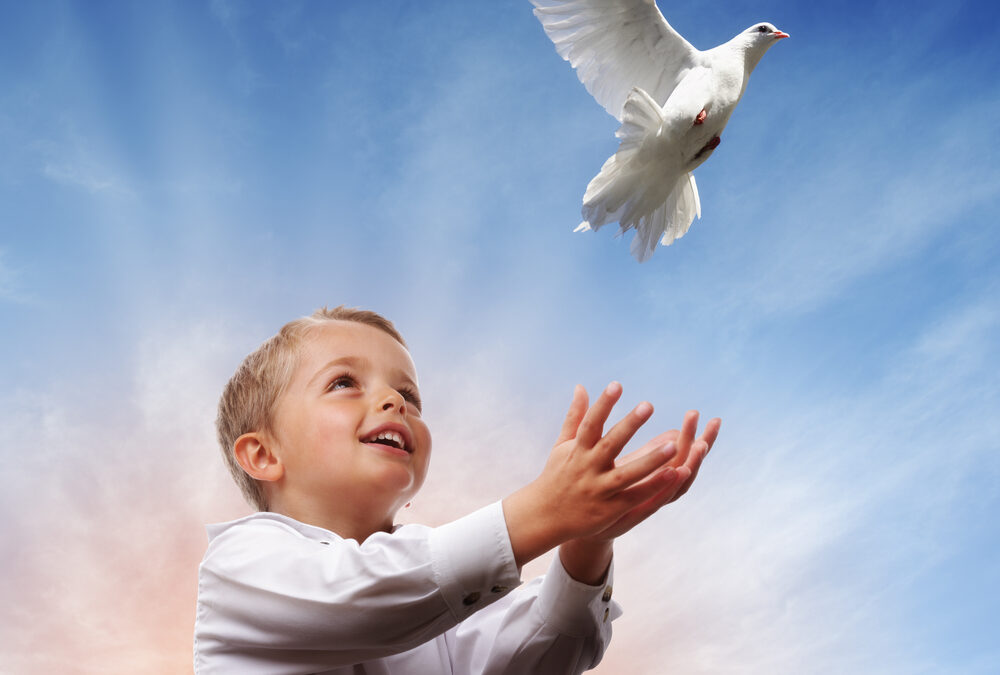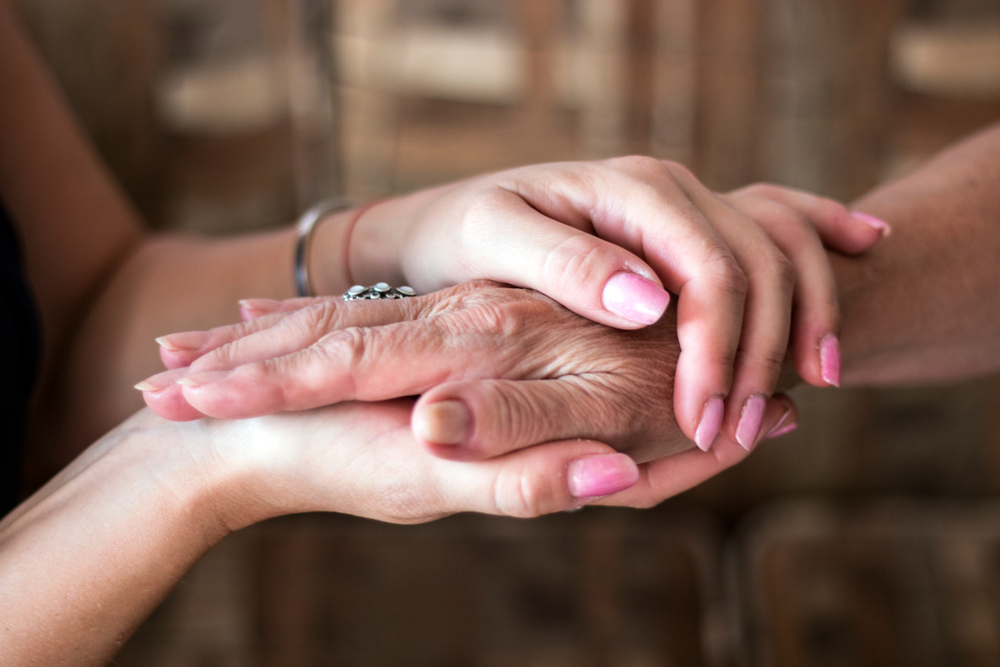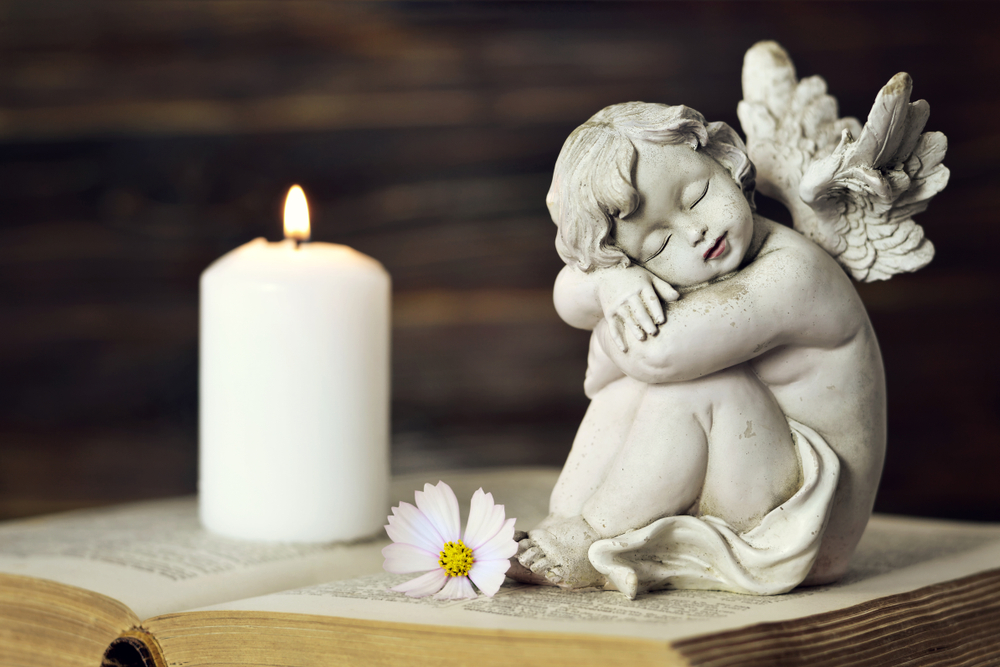With our weekly email messages of comfort and hope, you will feel the support of knowing we are here to walk with you through your entire healing journey. Each email will include advice, stories, and other thoughts to help you address the challenges that you face when you experience the loss of a loved one.
FINDING YOURSELF IN GRIEF
Possibly for the first time, the word grief has become personal. No longer is death something that happens to other people in other places. The multitude of experiences resulting from this overwhelming loss-emotional, physical, social, spiritual and cognitive-comprise what we call “grief.
Experienced by people of each generation, in all cultures, and from every walk of life, grief is a universal experience. Most simply, grief is the process of learning to adjust life after a significant loss. That term, “adjust life” might seem odd, but remember grief is all about learning to live in new ways. We don’t really “recover” from grief or “get over it.” Instead, we learn to manage life in a radically changed world. Follow these steps towards healthy grieving:
- Express Emotion
- Write Things Down
- Look After Your Physical Well-being
- Avoid Withdrawal and Busy-ness
- Connect with Others
- Explore Faith
- Participate in Memorial Ceremonies
Don’t rush yourself
Working through grief takes time. While you may be anxious for things to return to normal, you should give yourself time to mourn.

Helping Youngsters Manage Their Grief
Grief is no respecter of ages; children and teens grieve the deaths of loved persons deeply. But because youngsters don't grieve exactly like adults, finding appropriate ways to support younger grievers is often difficult. Practice Honesty In the words of child and...

Support Group
Support Group Stevens Funeral Home sponsors a support group to help those who have lost a loved one and wish to join with others who have suffered a loss. New groups form in both the Spring and Fall and last for 8 weeks. The meetings are held at our Gathering Place,...

Saying Goodbye to Your Life Mate
Whether the relationship was measured in months or in decades, the death of your life mate is a loss for which you are never completely prepared. Well-meaning friends and family members sometimes encourage you to “move on” and even remind you that your mate “wouldn’t want you to be sad.” But that’s just not how grief works.

Additional Grief Support Resources
The loss of a family member, friend or loved one can be a major impact on anyone’s life. It is often hard to speak to others about the pain, which may lead to isolation. If you have lost someone and are feeling isolated or alone, look here for some sources of...

But He’s My Age… When a Sibling, Colleague or Friend Dies
Whatever age people are "supposed to be" when they die, most of us feel like it should be a good bit older than us! That's why it seems so hard to face the death of someone who is our contemporary, who likes the same kind of music and remembers the same television...

Even Grownups Can Be Orphans… Facing the Death of a Parent
The mental picture most have of an "orphaned child" is a sad-faced youngster trying to make sense of a scary world. But what about facing the death of a parent when you are no longer a "youngster?" Even grownups face the hard task of saying goodbye to a parent. As...

Gone Way Too Soon
“Parents are not supposed to bury their children,” David cried out. “This is not how it’s supposed to be.” You likely identify with this dad, expressing the shock, disbelief and grief of a child’s death.
STAY CONNECTED
Spend time with friends and family. Being around people who care about you and that you care about can help. Resist the urge to isolate yourself. While it can be comforting to be around others who are experiencing similar feelings, be sure not to spend all your time with others who are grieving.
Funeral Director
James E. Renninger
Supervisor
James E. Renninger

